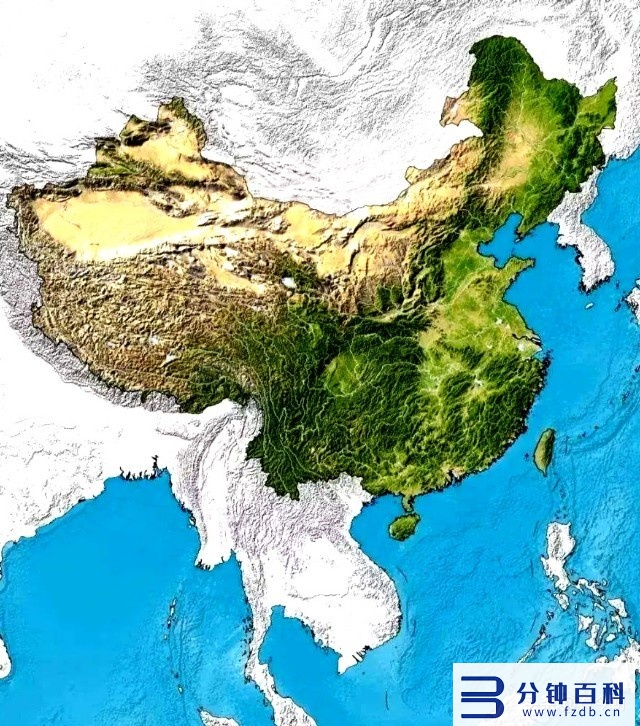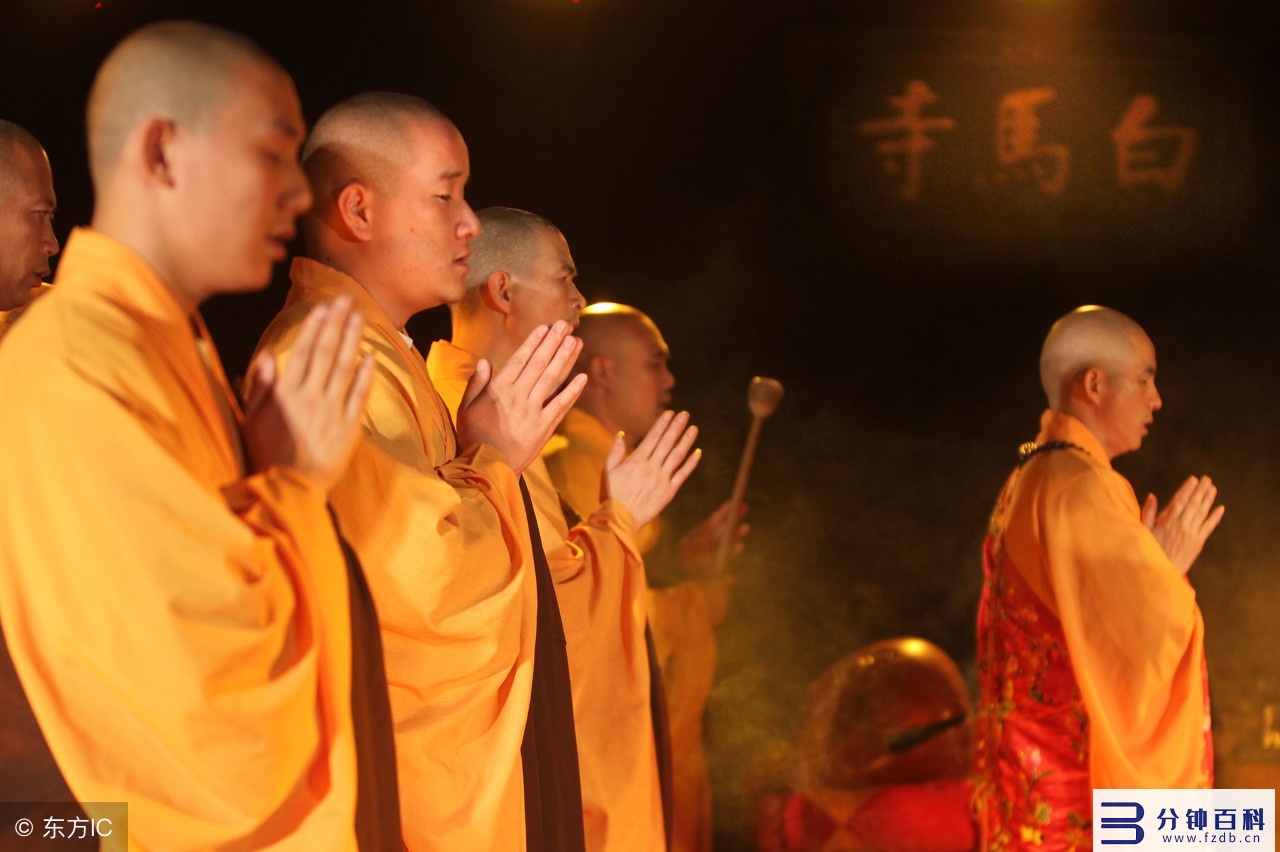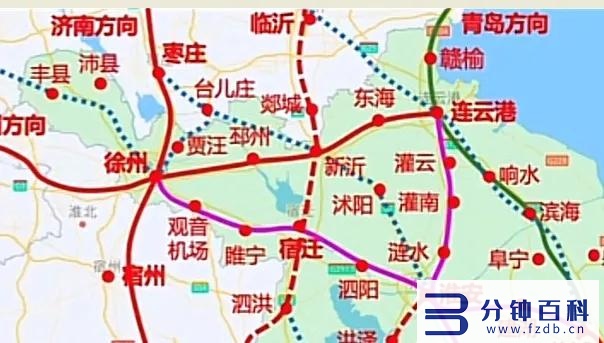在英语中,定冠词的使用频率非常广,看似简单,但实际上就是英语高阶水平也往往会用错。英语中定冠词的主要用法可以简单地归纳为如下几点:

(1) 表示特指:特指某人/物,一般指上文出现过的、或双方都明白的。
比如:He comes from a working family. The family is warm and kind to the society.
Open the door, please.
比较:We need a man who knows the road as a guide.
我们需要一位认路的人做向导。
We need the man who knows the road as a guide.
我们需要那位认路的人做向导。
(2) 特指独一无二的某事/人/物。
比如:The sun is shining in the sky.
(3) 用于最高级前:即用于形容词或副词的最高级前。
比如:The biggest apple was eaten before the breakfast by his brother.
(4) 用于比较级前,特指两个被比较对象中的一个。
如:Of the two choices, the first one is more challenging yet more meaningful.
(5) 放在形容词前面表示类别,此时形容词后面不带名词。
比如:The quickest often is the most careless. (表示具体人物/事件的时候往往表示复数)
The most beautiful does not necessarily mean the most welcomed. (表示抽象概念时,一般用做单数)
(6) 用于方向或方位前。
比如:Don’t turn to the left, turn to the right.
He was buried to the east where his hometown is.
(7) 用于序数词前面。
比如:The first one is the most popular, the second one is the most difficult.
(8) 用于乐器名称前。
比如:Please play the piano for us. (指乐曲)
但是,如果是指具体的乐器时可以不用定冠词
比如:Please buy a piano for your son.
(9) 用于复数姓氏前,表示全家人。
比如:The Smith are all for the Britain.
(10) 用于夫妇姓氏前,表示夫妇俩。
比如:The Blacks have three lovely children.
(11) 用来指代前文提到的人某身体部位或衣着部分。
比如:He was hit in his arm.
(12) 用于整十数的年代词前,后面跟复数年代名词。
比如:My mother began to learn Huai Opera in the nineties.
(13) 表示计算单位,含有 a, each, per 之类的意义
比如:Our work is paid by the hour.
我们的工作是按时计酬的。
(14) 用于江、(运)河、海、洋以及山脉、群岛、半岛、海岛、 海峡、沙漠等名称的前。
如: the Changjiang River 长江 the Himalays 喜马拉雅山
the Pacific Ocean 太平洋 the Red Sea 红海
一些不能使用the 的情况:
(1) 不能放在人称代词前面 比如:the his books (错误用法)
(2) 不能放在much/many 或some/any等表示部分的指代词前面
比如:the much water
(3) 零冠词的现象是指与抽象名词搭配时可起“有定特指”的作用
比如:Society turns people into criminals and then locks them up.
(4) 有些名词用于类指时通常不用冠词
比如:It is easy to write something for television yet difficult for radio.
(5) 疾病通常用作不可数名词,前面不用the
比如:He’s got measles.
(6) 有一些特殊文体,如新闻标题、告示标题、电报、报纸标题等等,不用冠词
比如:Stand Up and Say no to Boss

















